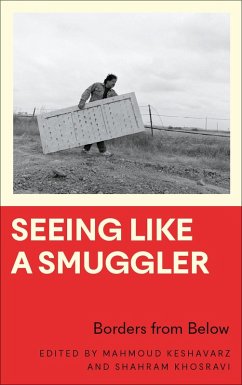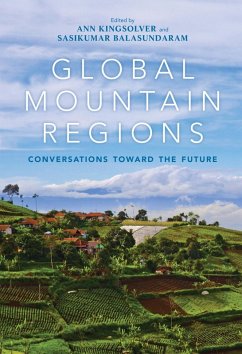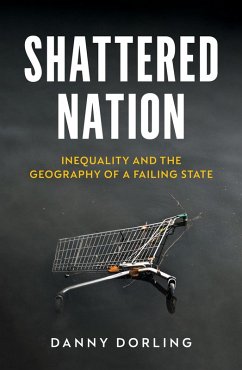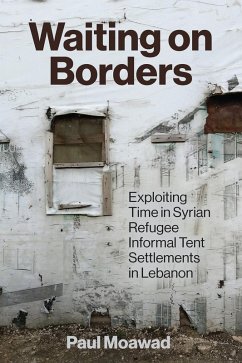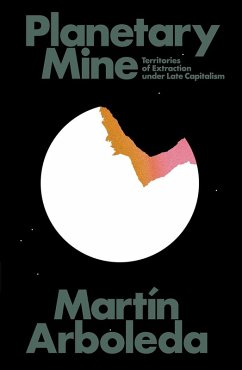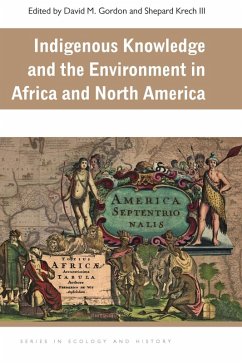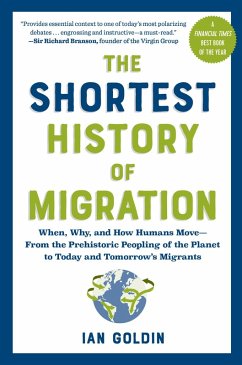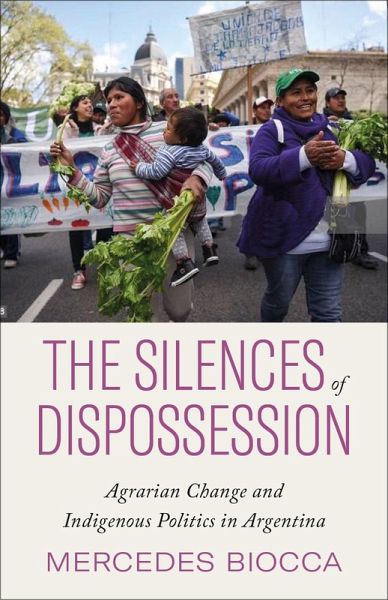
The Silences of Dispossession (eBook, ePUB)
Agrarian Change and Indigenous Politics in Argentina
Versandkostenfrei!
Sofort per Download lieferbar
34,95 €
inkl. MwSt.
Weitere Ausgaben:

PAYBACK Punkte
17 °P sammeln!
"A timely account of indigenous struggles ... Eloquent and engaging, Biocca confronts colliding responses to agrarian transformations in light of histories of dispossession and resistance"-- Paola Canova, author of Frontier Intimacies"An important contribution to development and peasant studies"-- Nancy Postero, Professor of Anthropology, University of California San DiegoThe Silences of Dispossession explores omissions, or silences, in previous investigations of agrarian transformations by foregrounding indigenous experiences of capitalist development. Providing a rich and detailed ethnograph...
"A timely account of indigenous struggles ... Eloquent and engaging, Biocca confronts colliding responses to agrarian transformations in light of histories of dispossession and resistance"-- Paola Canova, author of Frontier Intimacies
"An important contribution to development and peasant studies"-- Nancy Postero, Professor of Anthropology, University of California San Diego
The Silences of Dispossession explores omissions, or silences, in previous investigations of agrarian transformations by foregrounding indigenous experiences of capitalist development. Providing a rich and detailed ethnographic study, Mercedes Biocca shows how capitalist processes are perceived, experienced, and either confronted or accepted depending on how dispossession, resistance, and negotiation have become embedded in the collective local memory.
Challenging accounts that efface the agency of subalterns in shaping rural dynamics and ignore the diversity of perspectives within indigenous groups, Biocca untangles the connections between global, national, and local spatial scales in her analysis of accumulation by dispossession.
Using two case studies, the Qom People in Pampa del Indio and the Moqoit people in Las Tolderías, she presents the main transformations that have taken place in the Argentine agricultural sector during the hegemony of post-neoliberalism while centering the perceptions and roles of subalterns within these transformations.
Mercedes Biocca is a Professor and an Associate Researcher at the Institute of Higher Social Studies in Buenos Aires, Argentina.
"An important contribution to development and peasant studies"-- Nancy Postero, Professor of Anthropology, University of California San Diego
The Silences of Dispossession explores omissions, or silences, in previous investigations of agrarian transformations by foregrounding indigenous experiences of capitalist development. Providing a rich and detailed ethnographic study, Mercedes Biocca shows how capitalist processes are perceived, experienced, and either confronted or accepted depending on how dispossession, resistance, and negotiation have become embedded in the collective local memory.
Challenging accounts that efface the agency of subalterns in shaping rural dynamics and ignore the diversity of perspectives within indigenous groups, Biocca untangles the connections between global, national, and local spatial scales in her analysis of accumulation by dispossession.
Using two case studies, the Qom People in Pampa del Indio and the Moqoit people in Las Tolderías, she presents the main transformations that have taken place in the Argentine agricultural sector during the hegemony of post-neoliberalism while centering the perceptions and roles of subalterns within these transformations.
Mercedes Biocca is a Professor and an Associate Researcher at the Institute of Higher Social Studies in Buenos Aires, Argentina.
Dieser Download kann aus rechtlichen Gründen nur mit Rechnungsadresse in A, D ausgeliefert werden.




